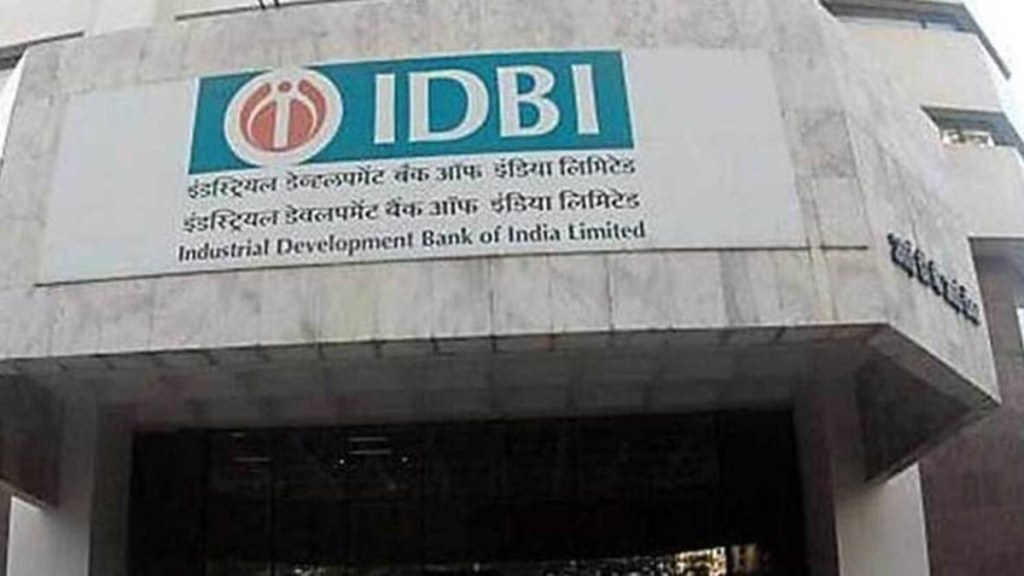Ahead of the January 7 deadline for submission of expression of interest (EoI) for IDBI Bank, the Centre on Tuesday tweaked regulations to exempt listed companies like it in which the government and public sector undertakings (PSUs) together or individually hold majority stake from the minimum public shareholding (MPS) norm.
The exact period of MPS exemption for IDBI Bank would be known to shortlisted bidders when the government shares the draft share purchase agreement (SPA) with them.
Also Read: IDBI MF inks pact to transfer schemes to LIC MF
The MPS exemption would continue to be valid for the period specified, irrespective of any change in control of such listed entity after issuance of such exemption, the government said in a Gazette notification.
According to the market regulator Sebi norms, a company is required to have a MPS of 25% within one year of the merger with/acquisition of a company or three years after listing.
Many large profit-making CPSEs like Oil and Natural Gas Corporation and Indian Oil have valuable listed subsidiaries or JV partnerships. ONGC’s subsidiaries include HPCL and Mangalore Refinery & Petrochemicals. IOC’s major investments’ include Chennai Petroleum Corporation and Petronet LNG (a JV with other state-run oil firms). Most public sector banks including the State Bank of India have multiple listed subsidiaries as well.
Also Read: Relaxed open offer norm for PSUs to apply to IDBI Bank
The MPS norm waiver by amending the Securities Contracts (Regulation) Act, 1956 is expected to boost investor appetite for the bank as the potential buyer might get five years or thereabouts as against the extant norm of meeting the MPS requirement in one year after the transaction.
Last year, such an exemption was granted to PSUs as these could not meet the MPS norm despite multiple extensions. IDBI Bank is not a PSU as the government’s direct holding is less than 51%.
The MPS relaxation has also been widened to cover strategic disinvestment of subsidiaries of PSUs as well.
“In rule 19A, for sub-rule (6), the following sub-rule shall be substituted, namely,- (6) Notwithstanding anything contained in sub-rules (1) to (5), the Central Government may, in public interest, exempt any listed entity in which the Central Government or State Government or public sector company, either individually or in any combination with other, hold directly or indirectly, majority of the shares or voting rights or control of such listed entity, from any or all of the provisions of this rule,” the government said.
Potential buyers of firms in which the government or PSUs hold majority stakes jointly or individually have been looking for leeway in terms of a longer timeline to comply with the public float condition.
The revised public sector enterprises policy seeks to limit the number of CPSEs to a minimum in strategic sectors while the government will fully exit the non-strategic sector businesses. With dozens of CPSEs to be privatized in the coming years including public sector banks, the changes in listing regulations were necessary to give a reasonable transition period for the firms post-privatization.
On December 5, the Securities and Exchange Board of India (Sebi) amended listing and disclosure requirements regulations by inserting a new clause that read, “The (Sebi) Board may after due consideration of the interest of the investors and the securities market and for the development of the securities market, relax the strict enforcement of any of the requirements of these regulations, if an application is made by the Central Government in relation to its strategic disinvestment in a listed entity.”
The public holding in IDBI Bank is just 5.28%, which is majority-owned by LIC and the government. On October 7, the Centre invited EoIs for IDBI Bank and offered to sell a total of 60.72% stake in the bank, including 30.48% from the government and 30.24% from LIC, along with the transfer of management control in IDBI Bank. Yet, both the government and LIC together will have a 34% residual stake in the lender (19% by LIC and 15% by the government).
Sebi’s likely categorisation of the Centre’s residual stake of 15% in the lender would mean that the new promoters of the bank would have to just offload another 7 to 10% to meet the public float norm of 25%. A strategic investor may not like to offload a stake in the initial years, a period when it will likely be setting up a new management team, restructuring the business and attempting a rebranding of a company.
